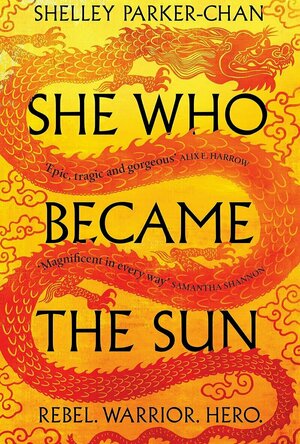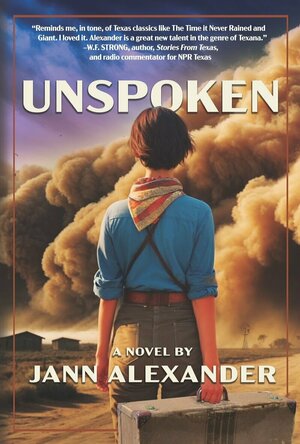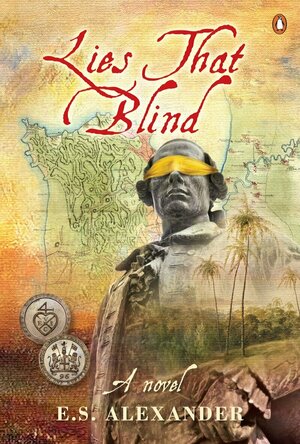
Lies that Blind
Book
What would you risk to avoid obscurity? Malaya, 1788 Aspiring journalist Jim Lloyd jeopardises...
Historical Fiction
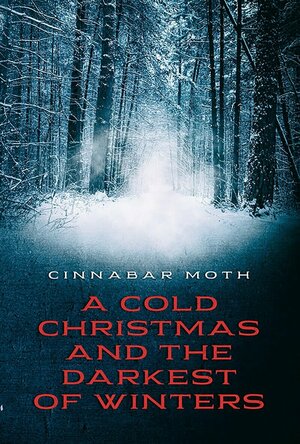
A Cold Christmas and the Darkest of Winters
Book
A Cold Christmas and the Darkest of Winters is a collection of Christmas- and winter-themed short...
Dark Fantasy Horror
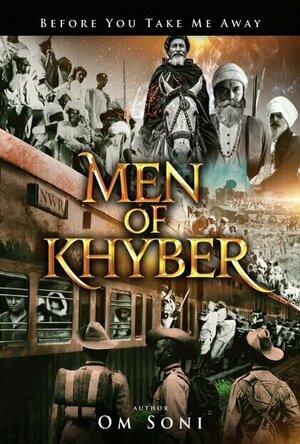
Men of Khyber
Book
Jawar Dil is the influential and charismatic leader of a powerful Hindu clan in Khyber. His skill in...
historical fiction
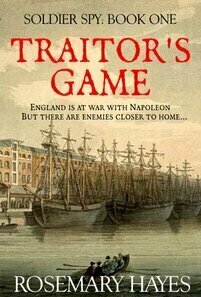
Traitor's Game (Soldier Spy #1)
Book
1808. Captain Will Fraser has just returned from the Front in the Peninsular War. He is disgraced...
Historical Fiction Spies Napoleonic Wars
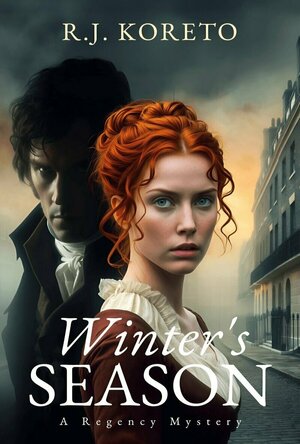
Winter's Season
Book
London, 1817: a city glittering with wealth and rotting with secrets. In the uneasy years after...
Historical Crime Politics Romance Thriller
Lottie disney bookworm (1056 KP) rated She Who Became The Sun in Books
Aug 30, 2021
After a fortune teller destines her brother for greatness and her own life to be worthless, a peasant girl may be expected to resign herself to her fate. However, upon her brother’s premature death, the girl seizes an opportunity to adopt both his name and his destiny.
She Who Became the Sun is a brutal, hard hitting debut to The Radiant Emperor series. Comparisons tend to quote Mulan due to the setting and the nature of Zhu disguising her female birth, but this is honestly where the comparison ends. For me, this novel is as if Mulan was in the Game of Thrones novels: warring factions, political backstabbing and the quest for power, Parker-Chan really doesn’t hold back.
As the debut novel, She Who Became the Sun has a lot of work to do in world-building and revealing the history behind the main characters. As a result, the pace of writing can feel a little slow at times but the final few chapters are well worth any previous perseverance.
Despite the pace in the middle of the novel, Parker-Chan’s writing is lyrical and intense simultaneously. Zhu’s desire to live gives a desperate, raw undertone to every one of the chapters under her POV. This is in direct juxtaposition from our other main character, Ouyang, who exudes cold detachment.
Zhu and Ouyang are both orphans, both queer and, as a girl and a eunuch, are both shunned by society. However, they consistently find themselves facing each other on opposite sides of a war: they may be ‘like and like’ but they are both characters who believe that their path is already decided for them, and neither will let anyone stand in their way!
Zhu and Ouyang are complex, well-developed characters, but they are nothing without their stunning supporting cast! I particularly loved Xu Da, Esen and Ma who never showed any prejudice against our main protagonists and purely accepted them for who they were.
She Who Became the Sun intertwines historical fiction with fantasy, war strategies with spirits and death with fate. This novel manages to be gritty and violent whilst also exploring gender identity in an open and refreshing manner. Morality is blurred and ghosts are rife: I can’t wait to see what happens next.
Thank you to Netgalley and Pan Macmillan for gifting me an e-ARC of She Who Became the Sun.
Merissa (13725 KP) rated Unspoken (The Dust Series #1) in Books
Aug 4, 2025
The story follows Ruby Lee as she is separated from her family for health reasons, and what happens next in her life. It is told mostly from her perspective, but you also get parts from her mother.
This isn't an easy story to read. It deals with triggering topics, so be careful if you have any. You get inside information (so to speak) on what State Homes for Children were like, as well as asylums. The Second World War is also a part of this story, as it goes from the late 1930s to the early 1950s.
Now, here comes the part that you may not agree with, and is wholly my own opinion. While I enjoyed (if that's the right word) the events of this story, and learning about life in the Dustbowl, even the State Home and the asylum, I didn't particularly enjoy Ruby Lee's character. I know she was a child when it started, but I couldn't understand her mindset or the decisions she made, even when she was older. The same could be said of other characters, too.
The ending came abruptly, with Ruby Lee about to marry someone who is all kinds of wrong, possibly pregnant, and her brother coming home from the war. However, this IS the first book, so I'm sure it will follow on from where this one finishes.
This is a long and slow-paced story that is richly detailed, even if those details aren't 'pretty'. There are an abundance of supporting characters, some of whom you will follow along with, and some who stay at the wayside. I would recommend this story to anyone who likes family sagas, women's fiction, and books full of history.
** Same worded review will appear elsewhere. **
* A copy of this book was provided to me with no requirements for a review. I voluntarily read this book; the comments here are my honest opinion. *
Merissa
Archaeolibrarian - I Dig Good Books!
Jul 11, 2025
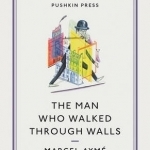
The Man Who Walked Through Walls
Marcel Ayme, Sophie Lewis and Yann Kebbi
Book
A collection of funny and fantastical short stories, Marcel Ayme's The Man Who Walked through Walls...
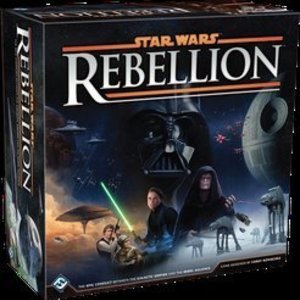
Star Wars: Rebellion
Tabletop Game
Star Wars: Rebellion is a board game of epic conflict between the Galactic Empire and Rebel Alliance...
Boardgames StarwarsGames MiniaturesGames
Adam Colclough (3 KP) rated Harry's Game in Books
Mar 6, 2018
For the most part thrillers are the literary equivalent of Danish pastry, enjoyable but not made to last. A few, and ‘Harry’s Game’ is one, are more substantial fare, food for the mind that may give you indigestion.
On one level it is a book in the tradition established by Frederick Forsythe, fiction played out as fact allowing the author to draw on his journalistic background. Seymour goes beyond this by creating characters who aren’t simply stock heroes and villains. Instead they are human beings engaged in a struggle that is squalid and futile rather than heroic and purposeful.
This combines to give a grimly believable picture of daily life in Northern Ireland at a time when a single word or action out of place could have deadly consequences. He also writes well about the machinations behind the scenes on both sides, with the British political and military establishment struggling to fight an undeclared war they don’t understand; and the IRA high command masking the brutality of their actions behind misty eyed romanticism.
Brutal, believable and still relevant more than forty years after it was first published this is a novel that is very much worth reading, even if doing so can be unsettling.
